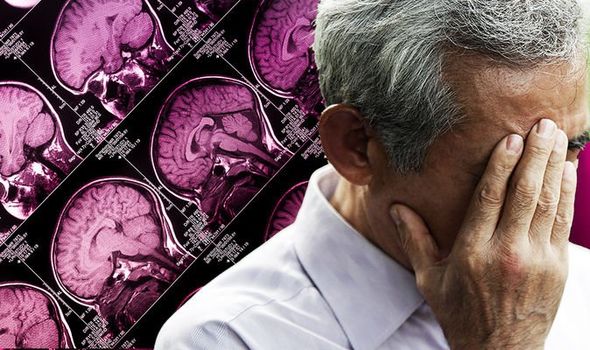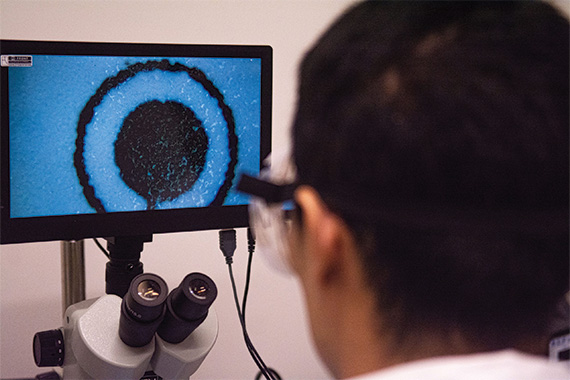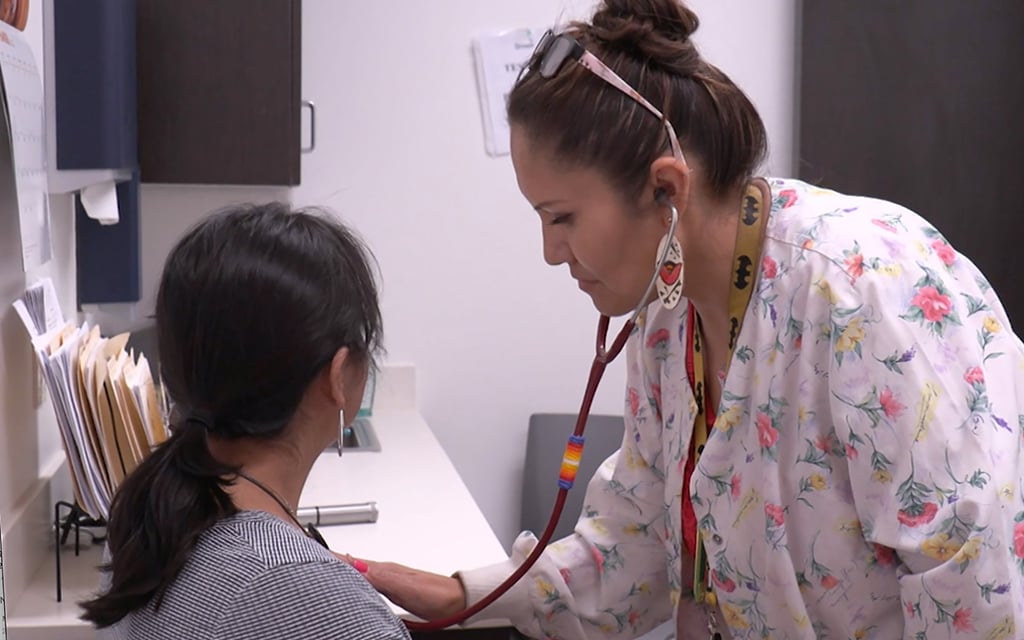In a pioneering research endeavor led by Wouter Schievink at Cedars-Sinai, a groundbreaking study has uncovered a potential link between symptoms of behavioral-variant frontotemporal dementia (bvFTD) and a treatable condition involving the leakage of cerebrospinal fluid (CSF). The findings of this study hold the promise of redefining treatment approaches for individuals grappling with bvFTD, shedding light on a previously undetected factor that might contribute to dementia-like symptoms.

The Cerebrospinal Fluid Connection
Behavioral-variant frontotemporal dementia poses significant challenges to individuals, impacting behavior and daily life skills. The researchers at Cedars-Sinai identified a potential connection between bvFTD symptoms and the leakage of cerebrospinal fluid, a clear liquid that typically cushions the brain and spinal cord. When this fluid leaks, causing the brain to sag, it can mimic or induce symptoms akin to dementia, complicating diagnoses and treatment.
For years, patients with bvFTD symptoms have faced misdiagnoses or lack of diagnosis altogether. The study encourages doctors to closely examine patients displaying specific signs, such as severe headaches alleviated when lying down, excessive sleepiness despite adequate rest, or a history of Chiari brain malformation. The researchers used a high-tech CT scan to identify elusive CSF-venous fistulas, leaks into veins that are challenging to detect with standard scans.
In a cohort of 21 patients with brain sagging and bvFTD symptoms, nine were identified with CSF-venous fistulas. Remarkably, surgical interventions to seal these leaks resulted in the complete reversal of brain sagging and bvFTD-like symptoms in all nine patients. The study’s findings offer a new perspective, suggesting that some individuals diagnosed with bvFTD may be suffering from a treatable CSF leak.
READ ALSO: Santa Cruz County Coastal Zones Engage in Cleanup Efforts Following Storm Impact
A Beacon of Hope for Patients and Families
Published in Alzheimer’s & Dementia: Translational Research and Clinical Interventions, this study signifies more than a scientific achievement; it serves as a beacon of hope for patients and families confronting the daunting reality of dementia-like symptoms.
By reevaluating patients with specific symptoms and employing advanced imaging techniques, doctors may potentially offer treatments that could substantially alleviate or reverse their symptoms.
READ ALSO: E. Coli Outbreak Linked to Cheese Products Claims Life in the UK: What You Need to Know



